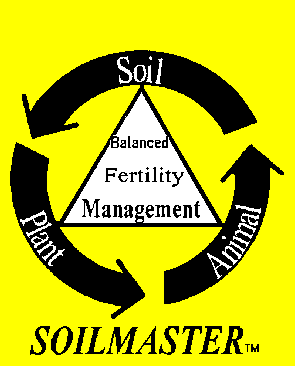 Reme Group
Reme Group Reme Group
Reme Group| Home Page |
|
Organic matter is an important part of the life of agricultural or garden soils. The amount of organic matter in soil varies greatly between different soils. Alluvial soils often have high levels of organic matter and sandy soils, low levels. Without adequate organic matter, soils will not store adequate nutrients or have good structure.
What is organic matter?
Organic matter is broken down organic material from plants. It is formed following the death of plant roots or tops. The organic material falls on the surface of the soil in the case of tops and roots, where they are in the soil.
Over a period of time this organic material (roots and tops) decomposes to form organic matter by action of soil microbes, heat and moisture. The organic matter formed from the tops is formed on the soil surface during plant decomposition. Substances such as straw for example, may take a long time to decompose. The action of burrowing animals or earthworms is important in moving organic matter into the soil where it is decomposed further.
Cultivation using implements, can be important in mixing in either undecomposed or decomposed organic matter and cultivation can destroy organic matter.
What does organic matter do in the soil?
Organic matter has a number of important functions in soil. These include storage of plant nutrients and helping to maintain the structure of the soil. All nutrients are stored to some part in the organic matter. The organic matter has the ability to hold a nutrient, for example, phosphorus (as phosphate), which is released for plant use as the organic material breaks down.
Generally, the more organic matter the greater the storage of nutrients.
Soil structure is also an important feature of organic matter, as organic matter bonds hold parts of the soil together to form soil particles. These bonds can be easily broken down with excessive cultivation.